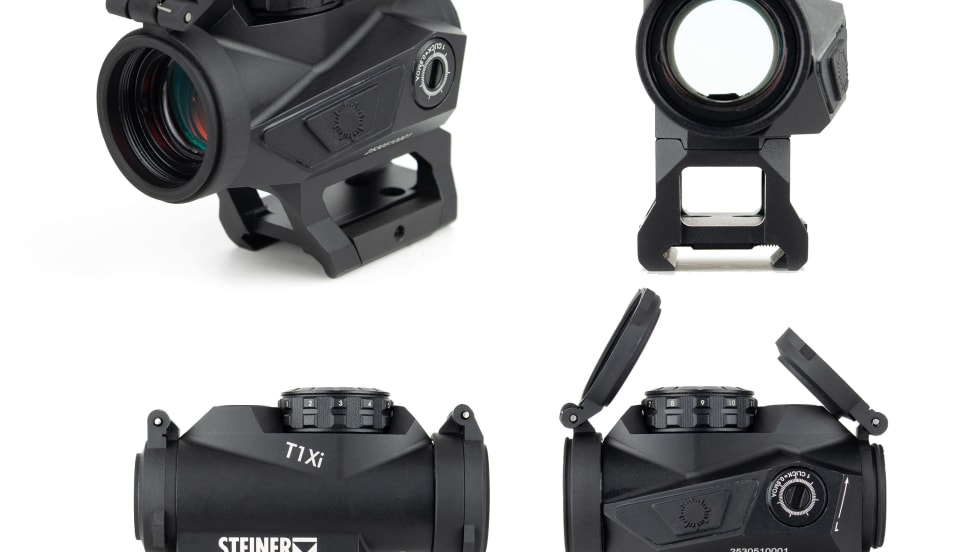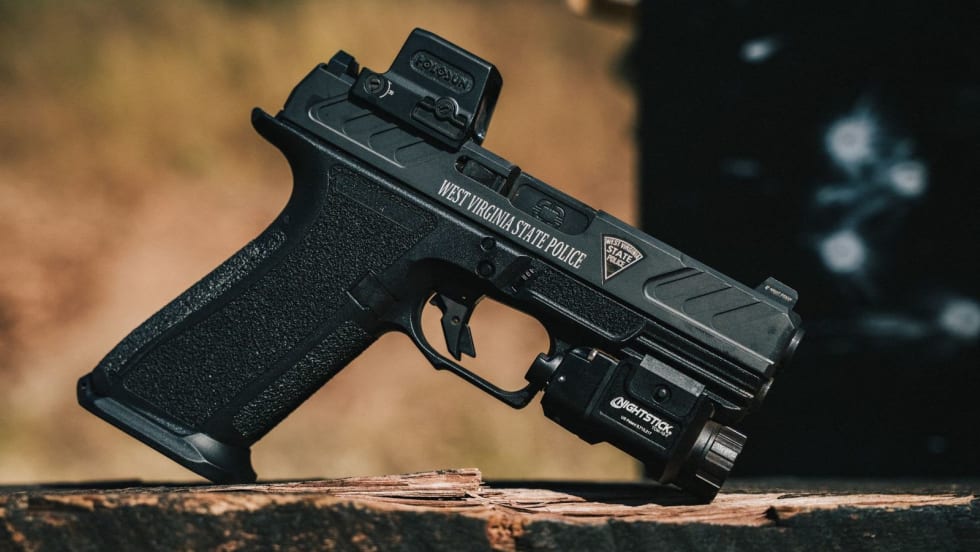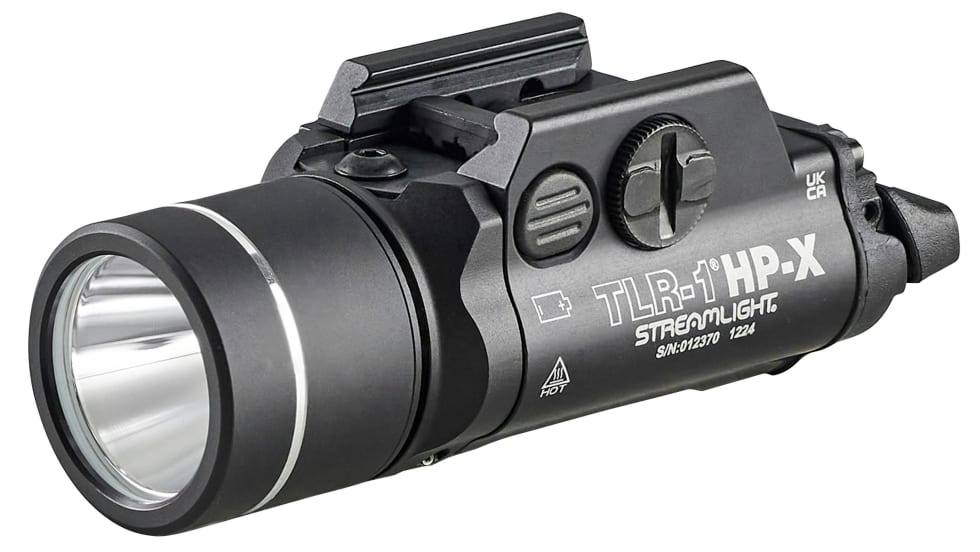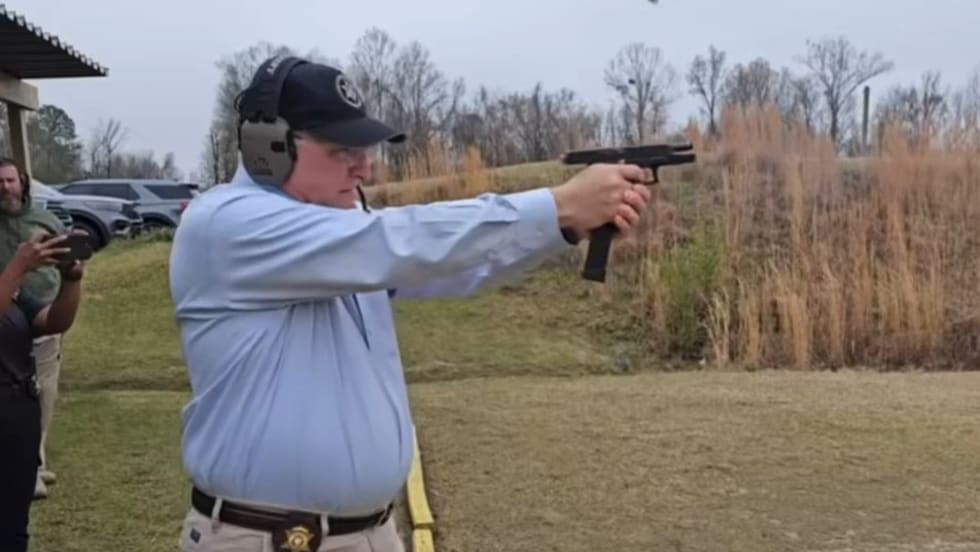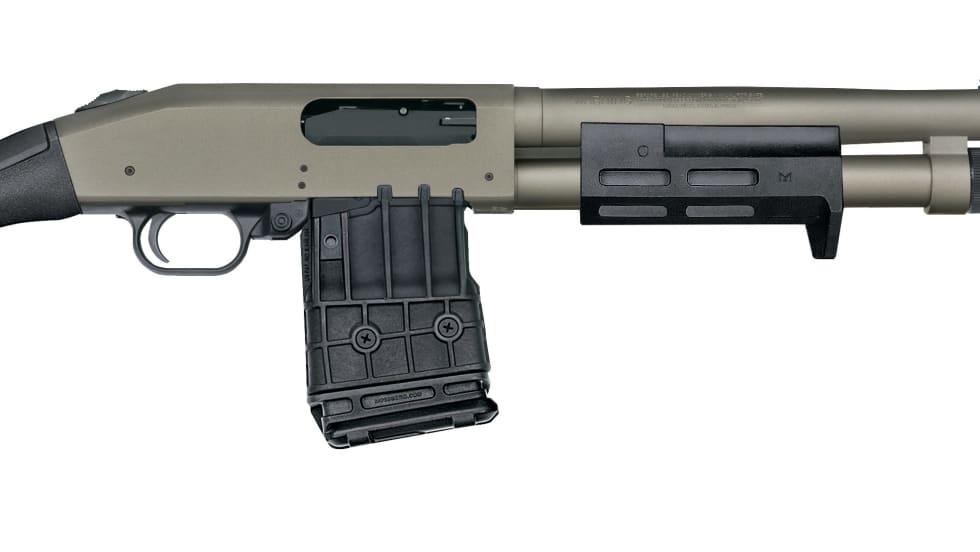The National Shooting Sports Foundation (NSSF) has filed a lawsuit challenging the legal authority of the Bureau of Alcohol, Tobacco, Firearms and Explosives (ATF) under the Gun Control Act to compel 8,500 federally licensed firearms retailers in Arizona, California, New Mexico and Texas to report the sale of two or more rifles.
NSSF's lawsuit, filed in the U.S. District Court for the District of Columbia, seeks an injunction to block ATF from implementing the reporting requirement. ATF has sent "demand letters" to firearms retailers in the four states to inform retailers they must begin reporting such sales by August 14.


